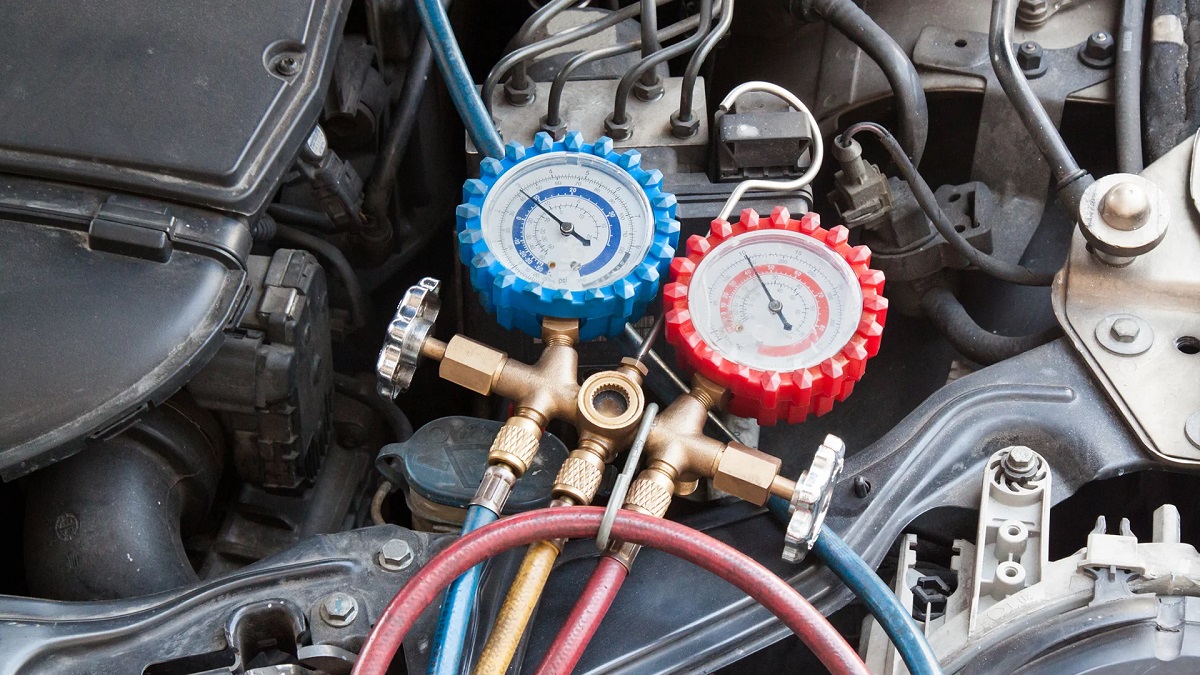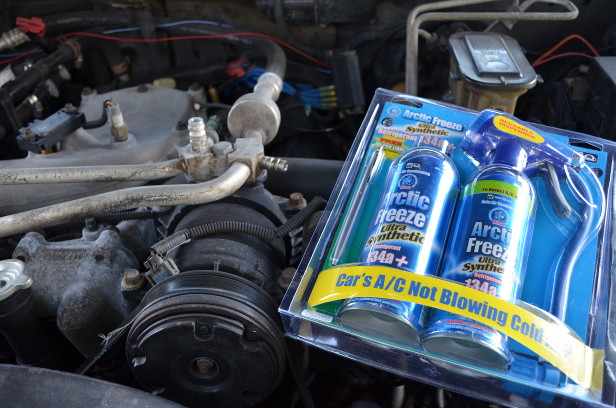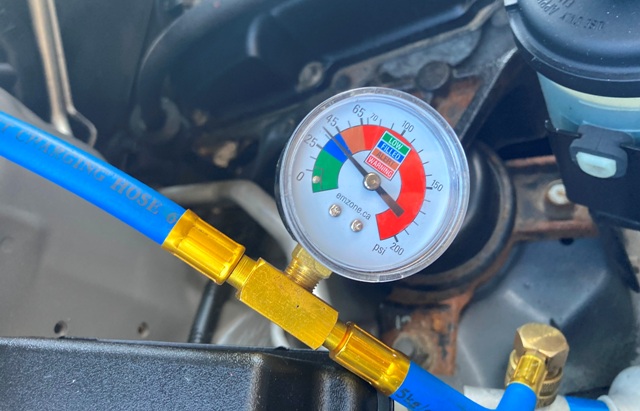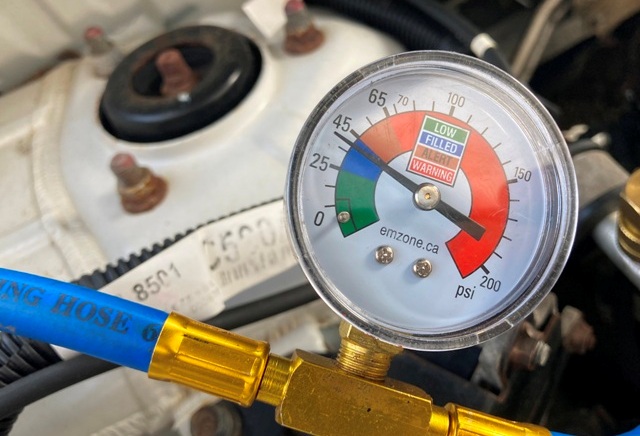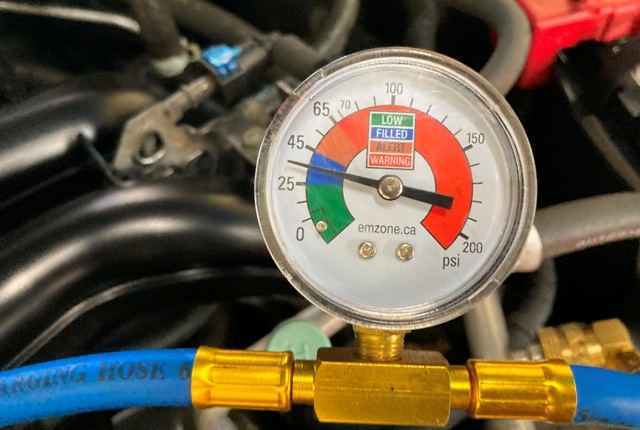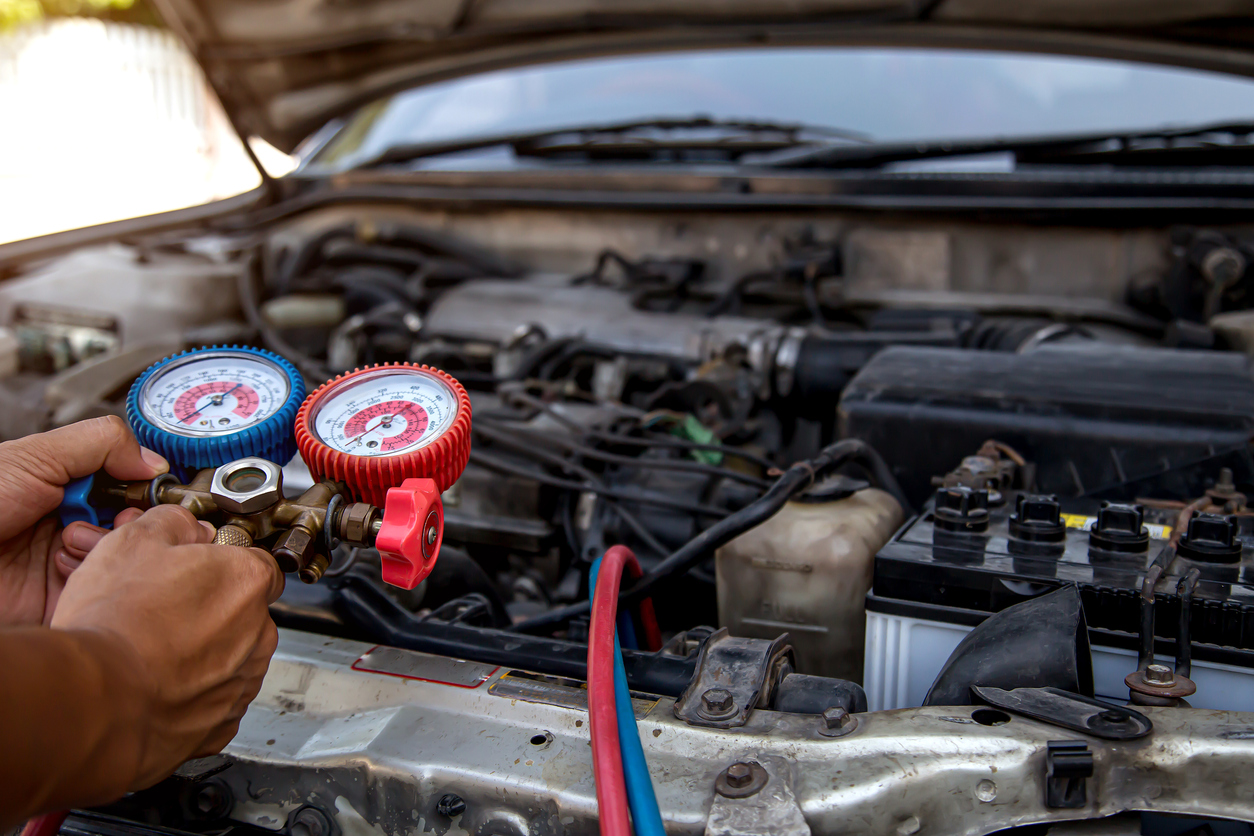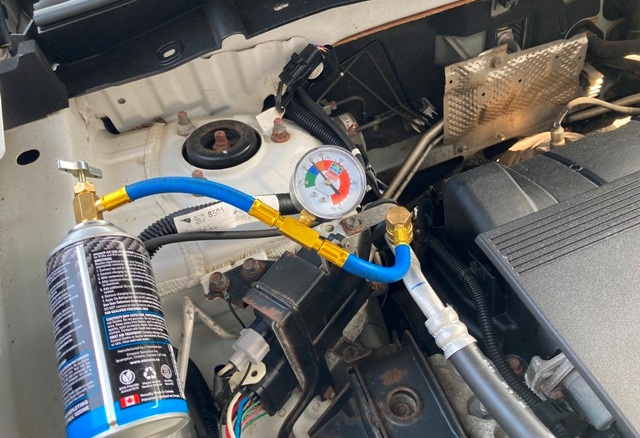How Often To Recharge Air Conditioner In Car
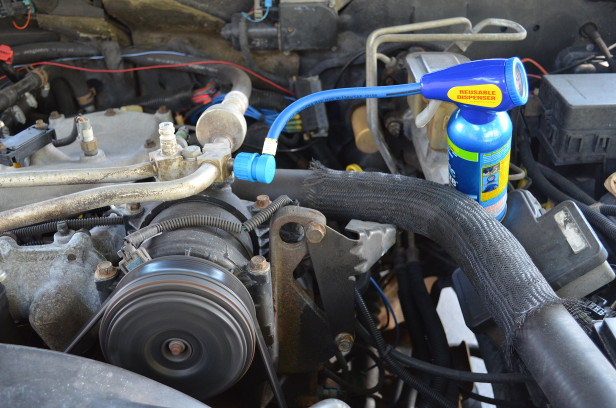
The blast of frigid air from your car's air conditioner on a sweltering summer day is a modern-day necessity. But that refreshing relief can quickly turn into a lukewarm disappointment if your AC system isn't functioning correctly. Many car owners wonder, how often should you recharge your car's air conditioner?
This isn't a question with a simple, one-size-fits-all answer. Instead, understanding the nuances of automotive AC systems, potential leak points, and performance indicators is crucial for effective maintenance. Let's delve into the variables determining how frequently AC recharge is needed, offering insights and guidance to keep your vehicle cool and comfortable.
Understanding Automotive AC Systems and Refrigerant Loss
Automotive air conditioning systems are closed-loop systems designed to circulate refrigerant, cool the air, and expel heat. The refrigerant, typically R-134a or the newer R-1234yf, is the lifeblood of this process. Over time, even in a well-maintained system, a small amount of refrigerant loss is inevitable.
According to industry experts, a healthy AC system might lose a small percentage of refrigerant each year, perhaps 1-2 ounces. However, significant refrigerant loss is usually indicative of a leak, which needs to be addressed promptly.
Factors Influencing Recharge Frequency
Several factors influence how often a car's AC system requires recharging. Age of the vehicle is a significant factor, as older vehicles often have worn seals and hoses that are more prone to leaks.
The climate where the vehicle is driven also matters. Hotter climates put more strain on the AC system, potentially accelerating refrigerant loss. Usage patterns also play a role; a car used frequently will likely require more maintenance than one that sits idle for extended periods.
Finally, the quality of previous repairs significantly impacts the AC system's longevity. Poorly installed components or substandard replacement parts can lead to premature failures and refrigerant leaks.
Signs Your AC Needs a Recharge
Recognizing the signs of a failing AC system is key to preventing further damage and ensuring timely maintenance. The most obvious sign is weak or warm air blowing from the vents when the AC is turned on.
Another common symptom is unusual noises coming from the AC compressor. These noises, such as grinding or hissing, can indicate low refrigerant levels or compressor issues.
Visible leaks, often oily residue around AC components or fittings, are a clear indication of a problem. Reduced cooling efficiency and longer time to cool the cabin are also warning signs.
The Recharge Process: DIY vs. Professional Service
Recharging an AC system involves adding refrigerant to restore optimal cooling performance. There are two primary approaches: Do-It-Yourself (DIY) kits and professional service.
DIY kits are readily available at auto parts stores and can seem like a cost-effective solution. However, these kits often lack the precision and diagnostic capabilities of professional equipment. Overcharging or using the wrong refrigerant can damage the AC system.
Professional AC service involves a trained technician using specialized equipment to diagnose the system, identify leaks, and recharge the refrigerant accurately. This approach ensures proper system performance and longevity.
The Benefits of Professional AC Service
While DIY kits may seem appealing, professional AC service offers several advantages. Technicians can accurately measure refrigerant levels and identify leaks using specialized tools.
They can also diagnose other potential issues, such as compressor problems or clogged filters. Furthermore, professional service includes proper disposal of old refrigerant, which is environmentally responsible.
By choosing professional service, you can ensure the AC system is functioning optimally and prevent costly repairs down the road.
Preventative Maintenance for AC Longevity
Preventative maintenance is crucial for extending the life of your car's AC system and reducing the need for frequent recharges. Regularly inspect the AC system for visible leaks or damage.
Replace the cabin air filter according to the manufacturer's recommendations to ensure proper airflow. Run the AC system periodically, even during cooler months, to keep the seals lubricated and prevent them from drying out.
Consider having a professional AC service performed every few years to check refrigerant levels and identify potential issues early. These simple steps can significantly prolong the life of your AC system and save you money on repairs.
Industry Recommendations and Best Practices
There's no set interval from manufacturers or industry organizations on how often to recharge a car AC. However, the general consensus among automotive professionals is that a properly functioning AC system should not require frequent recharges.
If you find yourself needing to recharge your AC more than once a year, it's essential to have the system inspected for leaks. Ignoring leaks can lead to more significant and costly repairs in the future.
Always follow the manufacturer's recommendations for refrigerant type and system maintenance. Using the wrong refrigerant can damage the AC system and void warranties. Refer to your vehicle's service manual or consult a qualified technician for guidance.
The Future of Automotive AC Technology
The automotive industry is constantly evolving, and AC technology is no exception. Newer vehicles are increasingly using R-1234yf refrigerant, which has a lower global warming potential than R-134a.
Electric vehicles (EVs) are also utilizing advanced thermal management systems to efficiently cool the cabin. These systems often incorporate heat pumps and sophisticated control algorithms.
As technology advances, expect to see more efficient and environmentally friendly AC systems in future vehicles. This could lead to longer intervals between recharges and reduced environmental impact.
Conclusion
In conclusion, there's no one-size-fits-all answer to how often you should recharge your car's AC. However, a properly maintained system should not require frequent recharges. If you notice signs of a failing AC system, such as weak airflow or unusual noises, it's crucial to have it inspected by a qualified technician.
Prioritizing preventative maintenance, such as regular inspections and filter replacements, can significantly extend the life of your AC system. By understanding the factors that influence refrigerant loss and following industry best practices, you can ensure your vehicle stays cool and comfortable for years to come.
Ultimately, addressing leaks promptly and seeking professional service when needed is the best approach to maintaining a healthy and efficient automotive AC system. Staying informed and proactive will help you avoid costly repairs and enjoy a comfortable driving experience.



